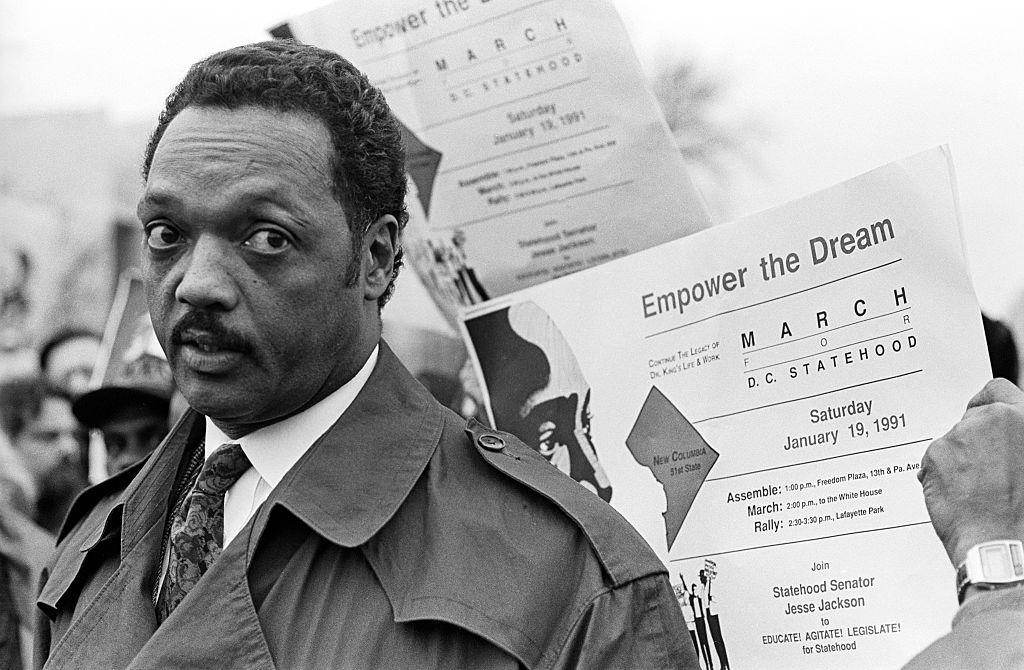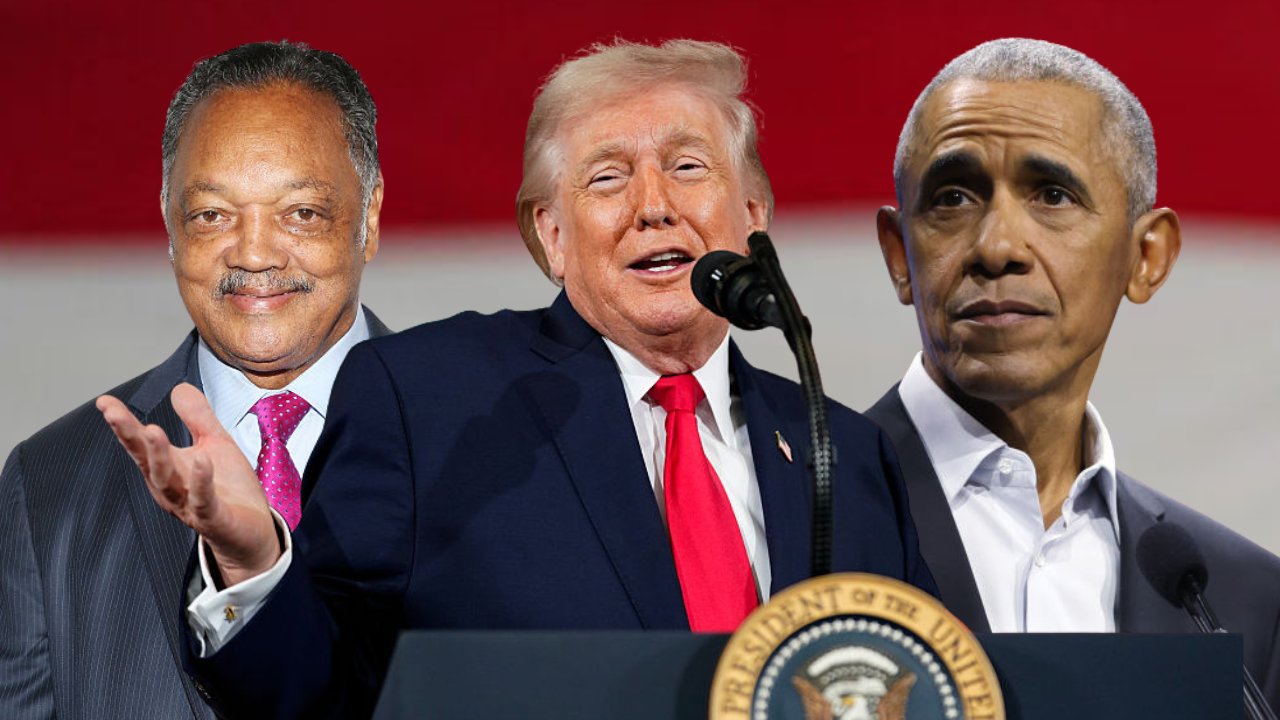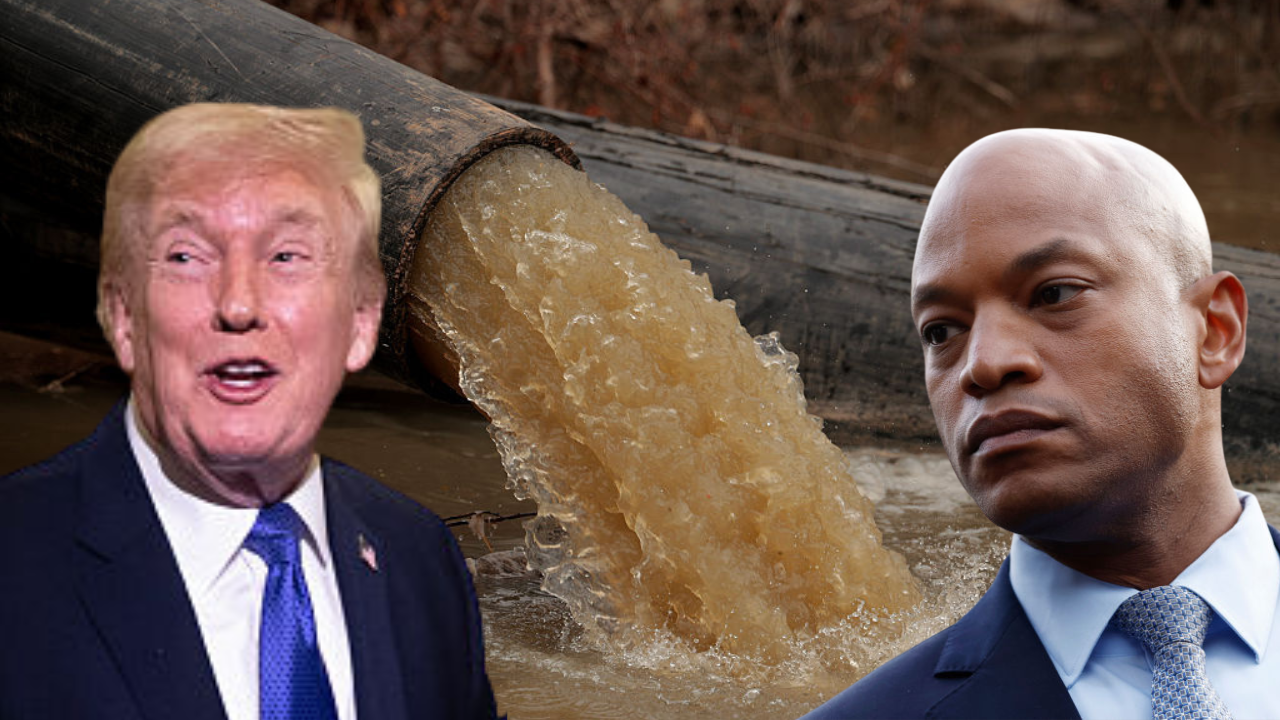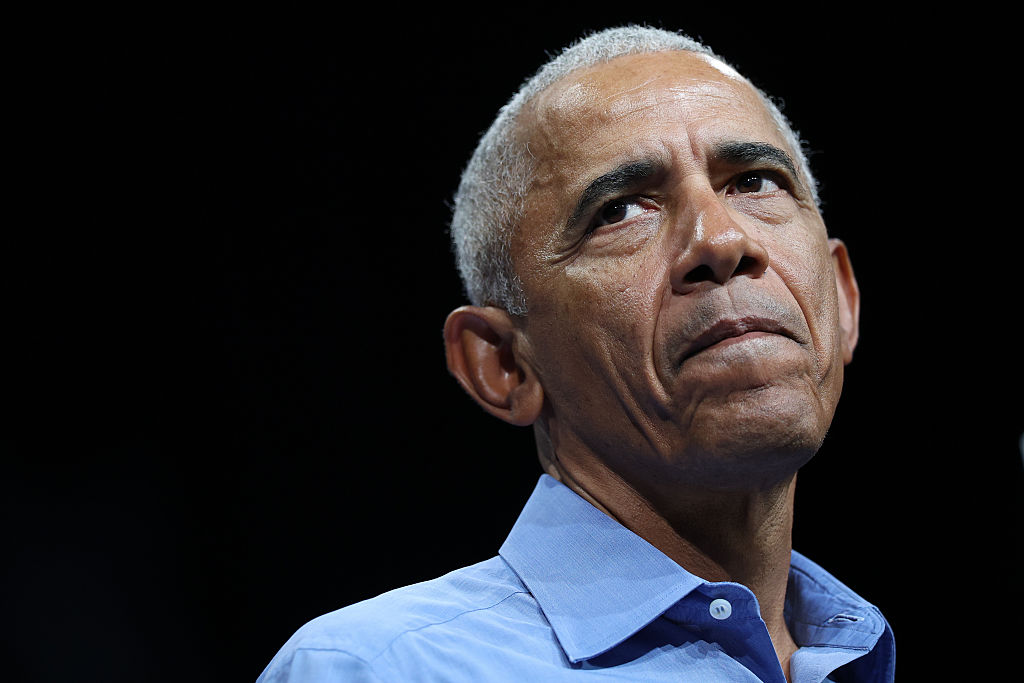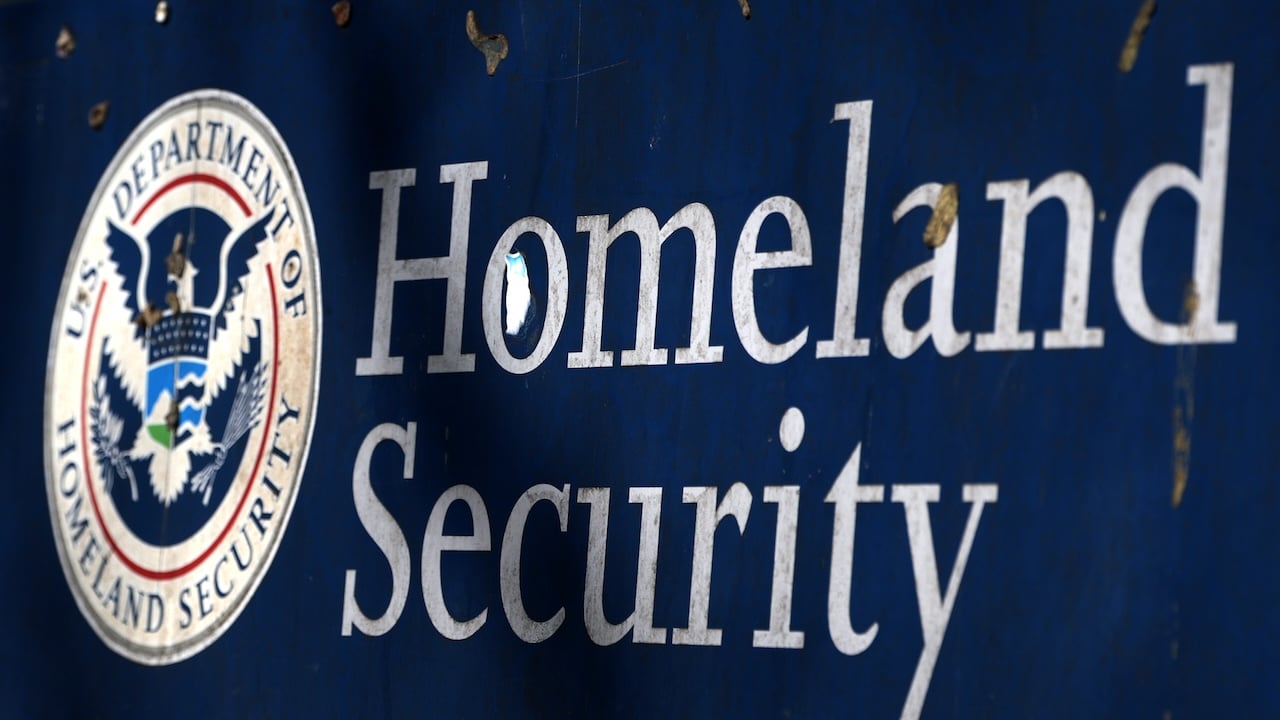U.S. Navy detains two survivors of strike on Venezuelan-linked vessel

What We Know
-
The U.S. military struck a suspected drug‑trafficking vessel in the Caribbean on Thursday, killing two people and rescuing and detaining two survivors aboard a Navy ship.
-
This is the first publicly known case in recent U.S. anti‑drug maritime strikes in the region that left survivors — previous attacks reportedly resulted in total destruction or deaths.
-
The strike is one in a series of recent U.S. attacks on vessels off the coast of Venezuela and now the Caribbean, which the Trump administration frames as part of a non‑international “armed conflict” against narco‑terrorist groups.
-
Legal scholars, international observers, and Venezuelan officials are raising urgent questions about sovereignty, due process, and the limits of U.S. authority in international waters.
TL;DR:
For the first time in an alleged U.S. maritime “drug war” strike, survivors were captured and are now detained aboard a Navy ship — raising legal, diplomatic, and human rights alarms amid an increasingly militarized campaign against Venezuelan maritime routes.
The Stakes Behind the Strike
The October 2025 strike marks a turning point: for weeks, U.S. forces have destroyed suspected smuggling vessels off Venezuela with no known detainees — until now.
How this unfolded
Sources say the U.S. used a helicopter rescue operation to pull survivors from the damaged vessel and bring them aboard a U.S. Navy warship. The victims’ nationalities, identities, and the evidence used to justify the strike remain undisclosed. Some reports suggest the vessel struck what may have been a semi‑submersible craft — a type often used by traffickers to evade detection.
Because no U.S. statement has been issued confirming or denying the operation, many details remain murky.
Legal and diplomatic flashpoints
Detention status ambiguity.
The administration has increasingly framed its anti‑drug campaign as an “armed conflict” with non‑state actors, giving it latitude to use force and detain “unlawful combatants.” But applying the laws of war in maritime strikes is complex. Are these survivors combatants, criminals, or protected civilians?
Sovereignty concerns.
Venezuela has condemned the strikes as violations of sovereignty and requested U.N. intervention. The lack of transparency in the detention and targeting decisions intensifies tensions in the region.
Precedent risk.
Until now, the U.S. has publicly portrayed these operations as surgical strikes with limited collateral damage. The capture and detention of survivors shift the narrative toward quasi‑warfare. Law professors warn that extending U.S. military force into maritime or foreign spaces without clear legal mandate may set troubling precedents.
In short: taking detainees forces hard questions about legal rights, transparency, and where counter‑drug operations end and coercive military campaigns begin.
Why This Matters
1. Militarization and selective accountability
This case illustrates a blurring boundary between law enforcement and military operations. When U.S. forces carry out lethal strikes on suspected traffickers, especially near Latin America, there is heightened risk of misidentification, disproportionate force, and extrajudicial outcomes — particularly for marginalized populations caught in maritime or transit zones where oversight is minimal.
2. Sovereignty and regional power dynamics
Venezuela is already under U.S. sanctions and diplomatic isolation. Aggressive military posture in its maritime zones risks reigniting neo‑imperial interventions in Latin America, undermining the agency of regional states. That dynamic historically falls hardest on communities subject to displacement, state violence, and extractive geopolitics.
3. Legal inequality and due process gaps
Detaining survivors without clarity on status strikes at basic due process. For Black and Brown populations, the danger is that state narratives of “war” or “terrorism” are used to strip away procedural safeguards. Once you shift into military logic, legal protections are more easily ignored.
4. The politics of narrative in the war on drugs
This detention reinforces a trend: drug trafficking is being reimagined as a national security and war issue, rather than a criminal one. That shift tends to justify stronghanded responses and deems affected populations (often in Latin America) as legitimate arenas for U.S. use of force. This logic intersects what we’ve seen in U.S. border militarization and policing of Black and Brown communities domestically.
What's Your Reaction?
 Like
0
Like
0
 Dislike
0
Dislike
0
 Love
0
Love
0
 Funny
0
Funny
0
 Angry
0
Angry
0
 Sad
0
Sad
0
 Wow
0
Wow
0







